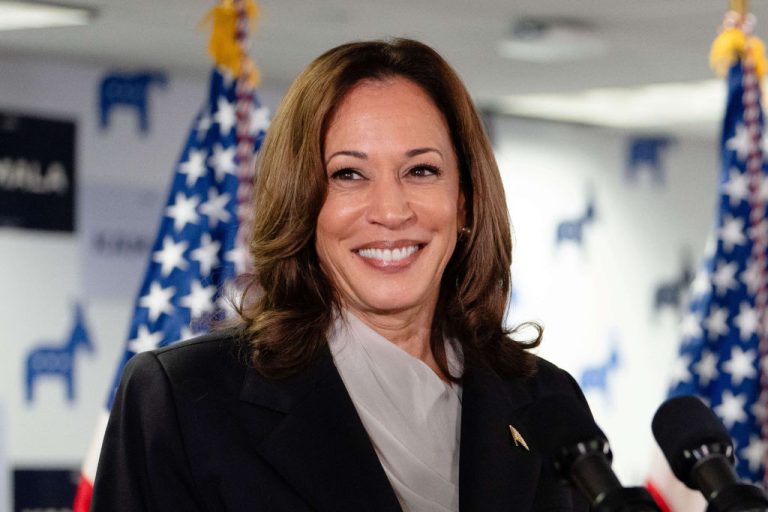House Republicans in Pennsylvania have introduced an election reform bill in the face of strong opposition from Democrats. House Bill 1300, also known as the Voting Rights Protection Act, has been discussed in 10 hearings across several months by the House State Government Committee.
First introduced by Committee Chairman Seth Grove (R-York), the bill seeks to strengthen election integrity in the state. The final bill introduced by Grove incorporates input from election experts and officials.
“This responsible bill includes all aspects of issues brought before the committee and will propel Pennsylvania’s election into the 21st century, all while fixing fatal flaws and election security issues,” Grove said in a statement.
“Pennsylvania must be a leader in secure elections, which are also accessible to all legal voters. The Voting Rights Protection Act thoughtfully achieves both initiatives while also supporting citizens’ right to vote,” he said. The bill proposes making the following changes to elections:
- Allow mail-in ballots to be counted five days prior to the election, unlike current laws that only allow counting to begin at 7 a.m. on election day.
- Allow undated or unsigned ballots to be corrected before 8 p.m. on Election Day.
- Allow early in-person voting starting in 2025.
- Offer the option of using secure mail-in ballot drop boxes at certain locations during specific times.
- Mandate signature verification for mail-in ballots.
- Eliminate the permanent mail-in voting list.
- Require voters to present photo ID at polling stations.
- Increase access to voting for people with disabilities.
- Move the last day to register for voting to 30 days prior to the election.
- Establish a Bureau of Election Audits under the authority of the state Auditor General’s office, which would regularly conduct election audits and have subpoena powers.
The Voting Rights Protection Act seeks to improve election uniformity among Pennsylvania’s 67 counties, as required by the state’s constitution. The verification of election machines would be enhanced, and all registered voters would receive a scannable, durable voter registration card from their counties.
Success
You are now signed up for our newsletter
Success
Check your email to complete sign up
The cards would be similar to the identification cards that are currently issued to voters for in-person voting. In addition, all county election board websites would be required to use a “.gov” domain address to limit the spread of misinformation and ensure that voters find the local election websites trustworthy.
On May 10th, the state House Government Committee had published a report titled “A Comprehensive Review of Pennsylvania’s Election Laws: How Pennsylvania Can Guarantee Rights and Integrity in Our Election System” that identified 25 areas of the state’s election process that needed to be improved. House Bill 1300 aimed to fix the issues.
Though the Republicans control both the House and Senate in the Pennsylvania legislature, the bill would likely be vetoed by Democrat Governor Tom Wolf. “The same lies that led to the assault on the U.S. Capitol are fueling efforts to silence voters across the nation. I will not let this happen in Pennsylvania. Your vote is your constitutional right, and I will do everything to protect the freedom to vote in Pennsylvania,” Wolf said in a tweet.
Jason Gottesman, a spokesman for state House Republicans, accused Wolf of not cooperating with others to fix the electoral process. “House Republicans have made a good faith effort to reach out to the Wolf administration to engage in negotiations on the Pennsylvania Voting Rights Protection Act, but they have once again refused to come to the table and work in a substantive way to fix Pennsylvania’s Election Code,” Gottesman said.
Pennsylvania’s election code from 1937 has mostly remained untouched. However, in 2019, Wolf and Republicans decided to overhaul the code by introducing changes such as creating a permanent mail-in voter list, allowing people to request an absentee ballot and vote by mail without providing a reason, and reducing the voter registration deadline from 30 days to 15 days prior to Election Day. The new legislation championed by Republican Grove seeks to reverse many of these changes.







